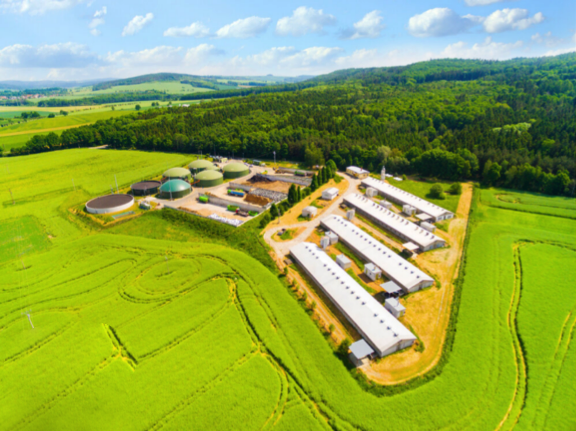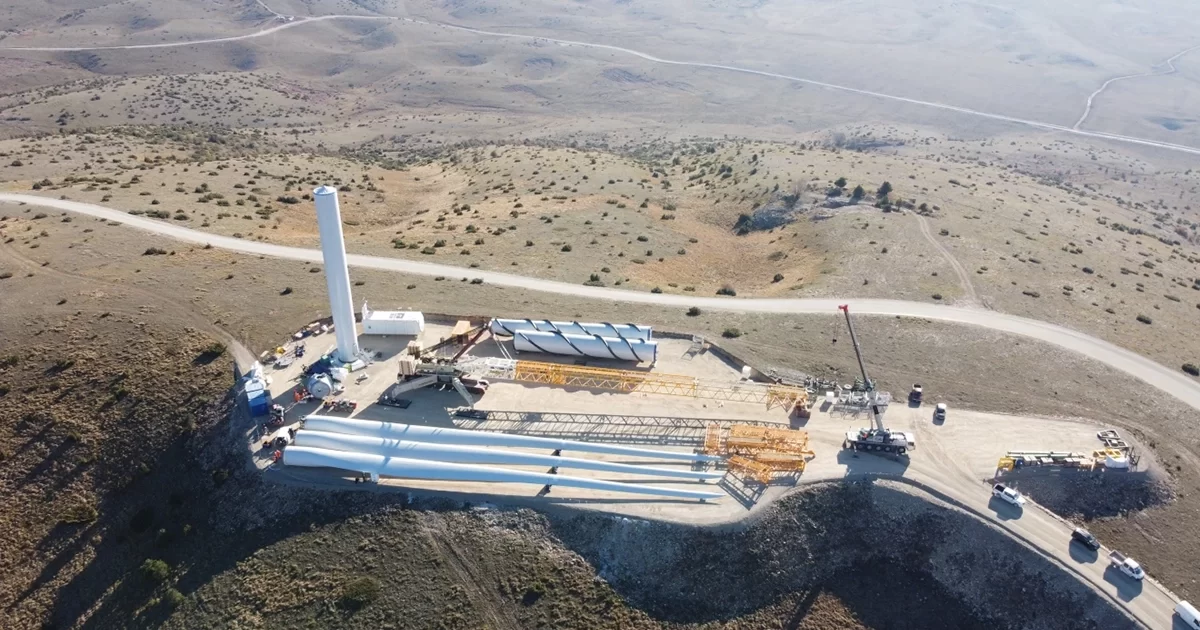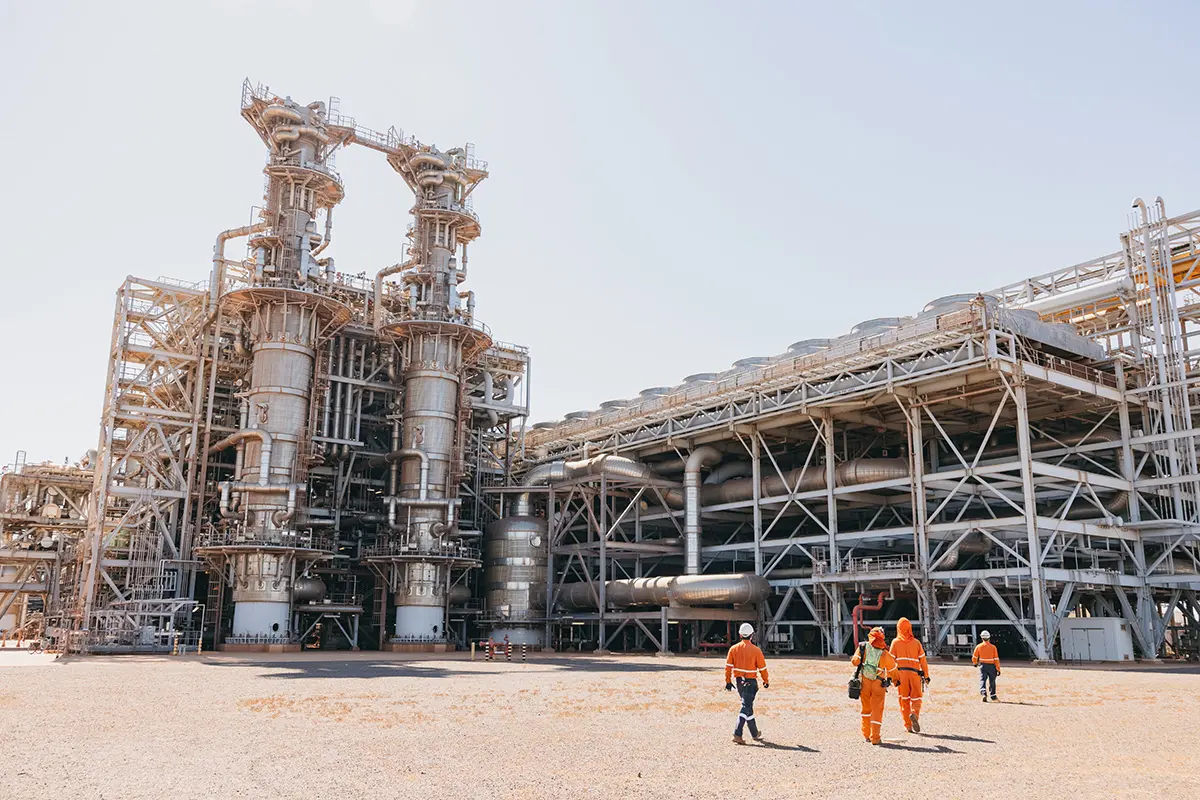
RNG: The Abundant Asset

This article was written by Jason Linkimer.
Energy is the lifeblood of a healthy society, and a healthy society is one that is sustainable. More and more organizations are recognizing the need to create diversified energy portfolios that balance environmental, economic, and social needs while providing energy reliability and security. With its low- to negative-carbon intensity score, easy deployment into existing infrastructure, and comparative cost against today’s soaring fossil fuel prices, renewable natural gas (RNG) is a vital part of this diverse energy mix. And guess what? It’s available now.
RNG Availability
Organic waste is an abundant, renewable resource. Food waste, crop residue, animal manure, and wastewater, among other methane-producing waste sources, can all be recycled into RNG. When left untreated, emissions from these organic waste sources are released directly into the atmosphere where they contribute to climate change. But, when organic waste is converted into RNG instead, methane emissions are captured and turned into an energy source that is much less potent when combusted than methane gas on its own.
With the vast availability of organic waste, RNG can be used in multiple ways and is easily dispatchable into the current infrastructure, whether used for transportation, thermal energy, or to generate electricity. For example, RNG can be injected into a gas pipeline network, or compressed or liquified and transported via tanker trucks, making it adaptable to each end use.
Environmental Benefits
The air-quality benefits gained from RNG include more than just the capture and repurposing of methane. The process to create RNG captures and destroys other pollutants, such as the hydrogen sulfide and carbon dioxide (CO2) that are entrained in the gas generated from organic material decomposition. These pollutants would otherwise go directly into the atmosphere.
Water quality concerns can also be addressed using RNG. For instance, by digesting manure in a controlled atmosphere and turning it into RNG, farms can avoid the runoff risks inherent with traditional storage and treatment options, such as lagoons or pits.
Market Drivers
Legislative programs have been, and continue to be, created to incentivize alternatives to fossil fuels. Not only is RNG recognized under the Renewable Fuels Standard (RFS) as an eligible fuel in the transportation sector, but Low Carbon Fuels Standards (LCFS), such as the California version, also recognize and compensate RNG as an eligible transportation fuel. In addition to these legislative programs, recent funding bills at both the federal and state levels have earmarked money for RNG investment and expansion.
With shareholder pressure, ESG priorities, and organizational carbon neutrality pledges driving the rapid transition to emerging energy markets, organizations across market sectors are increasingly choosing RNG as a sustainable fuel source to help achieve near-term ESG and sustainability commitments.
For example, two of the largest methane producers/owners — WM and Republic Services — are collectively investing more than US$2 billion in RNG projects across North America. Other entities are committing to long-term RNG procurement contracts because of the immediate impact it can have on their environmental footprint and brand value. Cosmetics company L’Oréal US is an excellent example of this effort as the corporation aims to transition to 100% renewable energy worldwide by 2025 and is already meeting this goal in the United States by including RNG as part of its approach.
The Abundant Asset
Historically, we have allowed organic waste to decompose in the environment. Now is the time to shift our thinking and recognize organic waste as an energy resource and set up the processes, systems, and legislation to recover and repurpose it into RNG.
Major corporations are recognizing the benefits and committing to projects and procurement contracts to add RNG to their carbon-balanced energy portfolios. With benefits ranging from air and water quality improvements to the ability to deploy RNG right now in existing infrastructure, this renewable resource can be a very real player in a diversified, sustainable energy mix.
About The Author
Jason Linkimer is a senior environmental scientist at Barr Engineering Co.









